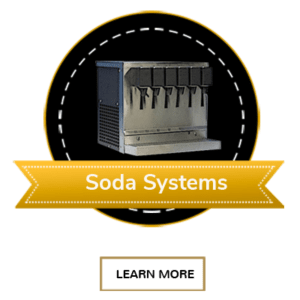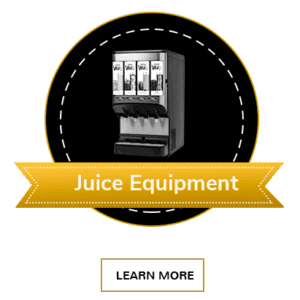
In North America, 90% of people drink coffee daily. Coffee is technically the most commonly used drug in the world. Fortunately, coffee isn’t a dangerously addictive substance. But how does coffee work?
You or your co-workers may be a little crabby before your morning cup of joe. And, you might experience a headache if you go too long without. True, these are symptoms of caffeine dependence. But it is not addiction, as the National Institute on Drug Abuse defines it. The difference is that a regular coffee drinker can decide to stop drinking coffee without engaging in destructive behavior.
Coffee and Your Health
If you weigh the scientific evidence surrounding coffee, then it is hard to deny the health benefits. Of course, as with all good things, moderation is key. Additionally, those with acid reflux should abstain, as coffee will aggravate the condition. For the rest of us, drinking a cup of coffee every day comes with two major benefits. We get a boost in mental performance and improved organ health.
Boosting the Brain
When it comes to your brain, coffee causes two responses. How does coffee work? It results in adenosine suppression and dopamine production. Normally, adenosine works with natural chemicals in the brain to make you feel gradually more tired throughout the day. With coffee, caffeine prevents adenosine from performing this function. That’s one of the reasons why caffeine makes you feel awake.
At the same time, your brain is producing slightly increased amounts of dopamine in response to the caffeine. As a chemical messenger that we also associate with pleasurable sensations, dopamine works as a mood booster and a stimulant. If you notice that you’re a little sharper, you’re right. You will better remember things 20 minutes to an hour after finishing your morning cup of coffee. So, it isn’t your imagination. It’s science.
Lesser-Known Benefits
Most of us are already aware, at least tangentially, of what coffee does when introduced to the brain. However, recent research shows that we should also be paying attention to the role coffee plays in the rest of the body.
Given that the research is new and occasionally contradictory, scientists must continue research. They must work to better understand the complex interactions that result from coffee consumption. The American Heart Association warns that the near impossibility of eliminating all possible factors aside from coffee means that it will take years of research to get closer to the truth. However, early studies are promising.
Keeping Your Organs Healthy
Based on the current data, caffeine and chlorogenic acid appear to be the primary elements with beneficial qualities. As discussed previously, caffeine blocks adenosine receptors. It keeps you alert, but it also seems to reduce arrhythmic heartbeats and positively benefit cardiac health in general.
More definitively, recent research has shown that the chlorogenic acid found in coffee prevents pancreatic cell death. And, caffeine simultaneously works to block harmful proteins from attacking cells. Yet another study found that patients who consumed at least 2 cups of coffee a day saw a notable reduction in hepatic fibrosis symptoms. The researchers are less certain as to what element in coffee has this effect, but further research will help to narrow down the possibilities.
A Cup of Coffee for a Healthier You
Simply put, as long as you don’t suffer from a medical condition that coffee is likely to exacerbate, drinking a cup or two while at the office is probably in your best interest. Now that you know how coffee works, go drink some. SC Beverage offers commercial coffee makers, allowing you to make strong, black coffee for your entire office in a matter of minutes. No gimmicks, just pure coffee.
If coffee is not your cup of tea (see what we did there?), we also have a range of other beverage supplies. Perhaps you need professional-grade soda dispenser equipment. We are also a top provider of beer dispensing equipment in Los Angeles.











